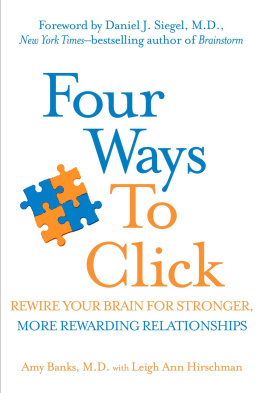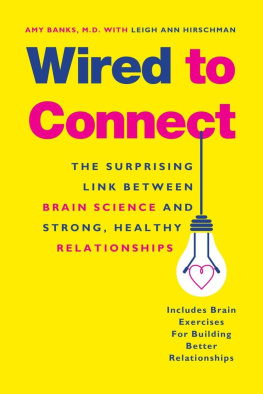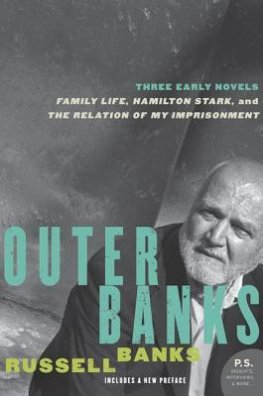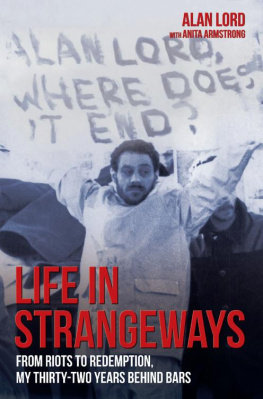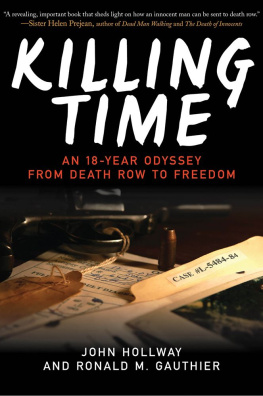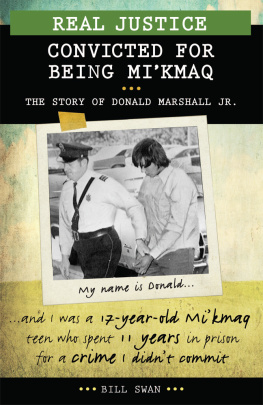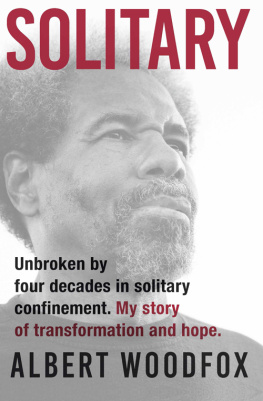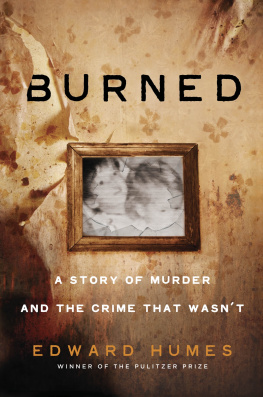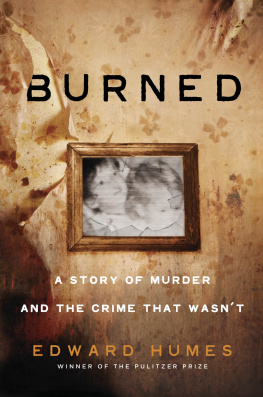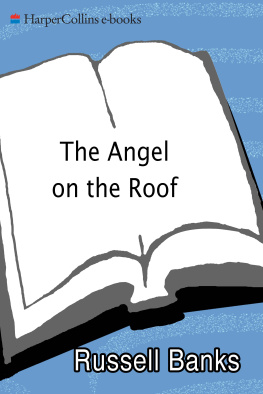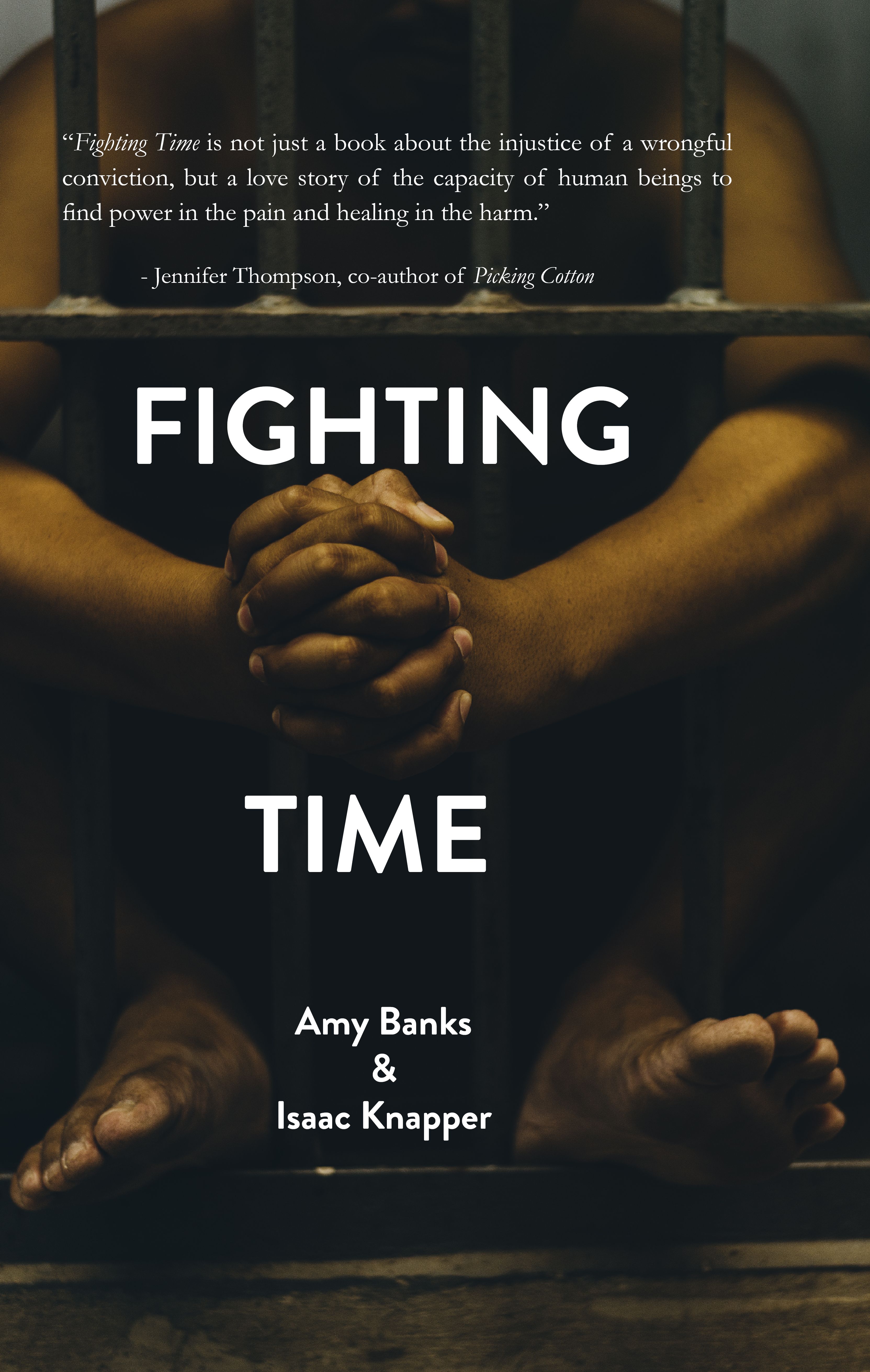Contents
Praise for Fighting Time
Amy Banks and Issac Knapper heartbreakingly tell their stories of two families, whose lives intersect one night in April 1979 and unfold a series of events that reshaped their lives forever. Blended together, much like a catastrophic earthquake, they spend the next three decades trying to find anything salvageable from their former lives. Fighting Time is not just a book about the injustice of a wrongful conviction, but a love story of the capacity of human beings to find power in the pain and healing in the harm.
- Jennifer Thompson, co-author of the best selling Picking Cotton
Fighting Time is a brave and necessary book. It is a book that pushes the reader beyond thin and familiar abstractions about social justice and systemic oppression. In this book, Dr. Amy Banks and Mr. Isaac Knapper put flesh and bone and spirit onto institutional practices and social behaviors designed to lock inequalities in place, thus perpetuating the chronic disconnections that corrode the human spirit.
There are some books that make it impossible to not know. Fighting Time is such a book. One enters into the book and is confronted with questions that can only be answered by radical engagement with the life of those we call Other and by confronting the illusions and denials that comprise what is called Self. The reward is a renewed claim on human dignity, a strengthened commitment to social justice, and perhaps a revisioning of human possibility.
- Maureen Walker PhD, author of When Getting Along is Not Enough: Reconstructing Race in Our Lives and Relationships
Fighting Time
Amy Banks and Isaac Knapper
Pact Press
Copyright 2021 Amy Banks and Isaac Knapper. All rights reserved.
Published by Pact Press
An imprint of
Regal House Publishing, LLC
Raleigh, NC 27612
All rights reserved
https://pactpress.com
Printed in the United States of America
ISBN -13 (paperback): 9781646031672
ISBN -13 (epub): 9781646031689
Library of Congress Control Number: 2020951939
All efforts were made to determine the copyright holders and obtain their permissions in any circumstance where copyrighted material was used. The publisher apologizes if any errors were made during this process, or if any omissions occurred. If noted, please contact the publisher and all efforts will be made to incorporate permissions in future editions.
Interior and cover design by Lafayette & Greene
Cover images by sutadimages/Shutterstock
Regal House Publishing, LLC
https://regalhousepublishing.com
The following is a work of fiction created by the author. All names, individuals, characters, places, items, brands, events, etc. were either the product of the author or were used fictitiously. Any name, place, event, person, brand, or item, current or past, is entirely coincidental.
All rights reserved. No part of this publication may be reproduced, stored in a retrieval system, or transmitted, in any form or by any means, electronic, mechanical, photocopying, recording, or otherwise, without the prior permission of Regal House Publishing.
Printed in the United States of America
Dedication
Amy to my parents, Dr. Ronald and Helena Banks
Isaac to all my friends and comrades at Angola State Penitentiary.
Stay strong, my brothers
Quote
The hottest places in hell are reserved for those who, in a period of moral crisis, maintain their neutrality.
Dante quote, found in the wallet of Dr. Ronald Banks at the time of his murder.
Goodbye
Amy Banks
The day my father was murdered unfolded like most days in my seventeenth year. I woke up bleary-eyed around 6:45, poured myself a bowl of Honeycomb cereal with milk, and retreated to my bedroom to eat in solitude, blocking out the irritating sounds of my parents and younger sister preparing for their day. When my brother moved to a dorm at the University of Maine in the fall of 1978, I inherited his basement bedroom and that room became my launching pad for independence. With it came a host of teenage perks: bunk beds, an old pool table, a cheap stereo, a couch, even a toilet and sink in the laundry room. On the day he moved out, I hung fifty of my favorite baseball hats on the wall closest to my bed, like a dog marking his territory. In this new space I pretended Id already escaped the chaos of my family.
The week my father was murdered was big for me even before he was killed. Gigantic, really, in a way that only happens in the egocentric world of a carefree teenager. At the time, basketball sat squarely at the center of my life. My top priority wasnt family, or school, or boyfriend, or parties. It was taking two hundred jump shots a day, rain or shine, sleet or snow, on a small basketball hoop in my neighbors backyard. My discipline was about to pay off. Three days earlier, our local newspaper had sent a photographer to our house to snap a headshot of me for the weekend edition where the annual All-State basketball selections would be announced. Making the team had been one of my individual goals for the season, and though the photographer gave me no assurance that I had been selected, it seemed like a lot of extra work if I hadnt been chosen. Still, I couldnt be sure until I saw my face on the front page of the sports section that weekend. I thought of nothing else as the week slowly ticked by.
My family is not demonstratively affectionate. Both my parents were born and raised in Camden, Maine, back when it was still a lobster town. They were raised in the old New England traditions of stoicism and practicality. When I was younger, my father would leave for work while my siblings and I were still eating breakfast. He would give each of us a quick peck on the top of our head. Often, when he got to me, he would start with a kiss and then give me a playful, juicy raspberry on the neck or cheek. I hated it. It felt like proof that he didnt like me as much as my other siblings, a belief my brother regularly encouraged.
After my two older siblings, Kate and Phil, left home to go to college, my fathers comings and goings were background noise. Occasionally I might hear See you later drift down the stairwell as the front door closed. On the day he was murdered I was too involved in my own world to remember when and where he was going. Truth be told, I didnt really care. But that morning was differenthe came down to say goodbye face to face and to make a plan before flying to New Orleans for the Organization of American Histories (OAH) annual conference.
My dad had been an accomplished athlete himself and everything positive between us revolved around our mutual love of sports. Even now, decades later, my most cherished possessions include original newspaper clippings from the Camden Herald showing him sliding safely into third base under a tag and jumping over a group of sweaty teenage boys to grab a rebound. I still keep his flat, worn baseball glove tucked away in a large wooden box that holds all I have left of him, each item precious and intimate the plaque he won in a middle-school spelling bee, his wallet, pipe, and comb, and the wide, brown tie he wore the night he was shot. Each item carries his scent, his DNA. The box also contains evidence of his murder. Laminated front-page newspaper stories of the killing and piles of condolence letters from friends, colleagues, old teachers, students, and even complete strangers who were moved to write to my family after reading about our tragedy in the paper.


